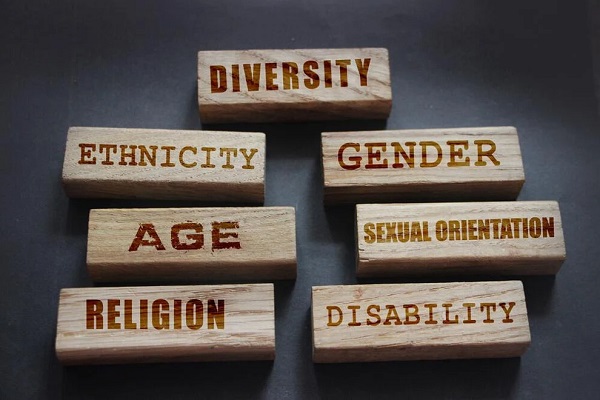From The Center Square
Plaintiffs “were especially bothered that they had to push the idea that individuals can select their own gender to a kindergartener, knowing this kindergarten buddy looks up to them as role models and trusts their opinions.”
A California school district allegedly had a teacher teach a lesson and read a gender identity book to fifth graders, then have those fifth graders watch a video version of the book with their kindergarten mentees and teach them the lesson they just learned.
Outraged Encinitas parents are now suing the school district and demanding a notification and opt-out program for all objectionable content; currently, content notifications and opt-outs are only available for the health unit.
The fifth grade students’ parents had first asked to review a health unit with lessons on “puberty, health reproduction, media influences on health habits and body image, hygiene, boundaries and bullying and diseases and their transmission, including information about HIV/AIDS.”
After finding the unit’s “instruction on gender identity and transgenderism” was “affront to their religious beliefs,” the parents tried to opt out of just the gender section, but were told they would have to opt out of the entire unit, which they did.
But this opt out did not cover the school’s buddy program that pairs older students with the same younger students every week for one class.
The lawsuit says “with the buddy relationships in place and well established, [school district staff] planned a unique event for May 1, 2024. During this “buddy” program, the District would use fifth graders to help kindergarteners learn about gender identity.”
The school district used My Shadow is Pink, a picture book for young children in which a boy “wonders about his gender and how he believes it differentiates from his father’s gender” and says he “loves wearing dresses and dancing around.” The boy wears a dress to school, making the father “anxious and stressed” until he too wears a dress after his son has a difficult day. The father then tells his child, “pick up that dress! Your shadow is pink. I see now it’s true. It’s not just a shadow, it’s your inner-most you.”
Before the buddy session, one staff member said to another, “We might just inspire some sweet things to fly toward their shadow tomorrow,” suggesting the lesson had a desired outcome, according to the lawsuit.
At the start of the session one teacher allegedly read the book to the fifth grade class, which students found unusual because “It was rare for [him] to read any book to them, and he had never read a book to them for the ‘buddy’ program.”
Immediately after, the fifth graders each sat next to their kindergarten mentees, and shown a read-along video version of the book, leading one 5th grade plaintiff to allegedly say “[he] wanted to cover his buddy’s eyes and ears to protect him.”
Next, 5th graders were allegedly told to have their buddies choose a color representing their buddies’ gender, and draw their buddies’ outlines in chalk in that color to communicate “gender was determined by an internal feeling.”
Both plaintiffs “were especially bothered that they had to push the idea that individuals can select their own gender to a kindergartener, knowing this kindergarten buddy looks up to them as role models and trusts their opinions.”
“The blatant promotion of gender identity in the My Shadow is Pink book is self-evident and obvious,” says the lawsuit. “The book is marketed as “a rhyming story that touches on the subjects of gender identity, equality, and diversity.”
A petition to require parental notification for controversial curriculum items at Encinitas Union School District, but the school did not respond to the petition or its concerns, aside from sending a template letter describing the district’s opt-out policy.
The lawsuit is claiming the students’ First Amendment rights were violated by compelling them to speak messages to kindergarteners that violate their religious beliefs and consciences, and that the school districts’ policy of allowing opt-outs only in some parts of schooling but not in others is a violation of the 14th Amendment. Among other demands, the plaintiffs seek opt out and parental notification policies for “curriculum, activities, or any other instruction related to gender identity or other LGBTQ topics.”
“You have the absolute right to opt your child out of any program out there,” said Lance Christensen, Vice President of the California Policy Center, to The Center Square. Last month, the CPC issued an “opt-out toolkit” explaining to parents how they can protect and expand opt-out policies.
“These parents have the right to not have their children subjected to a radical ideology,” continued Christensen. “We’re talking about elementary school kids. What’s wrong with these teachers, and these schools?”

















